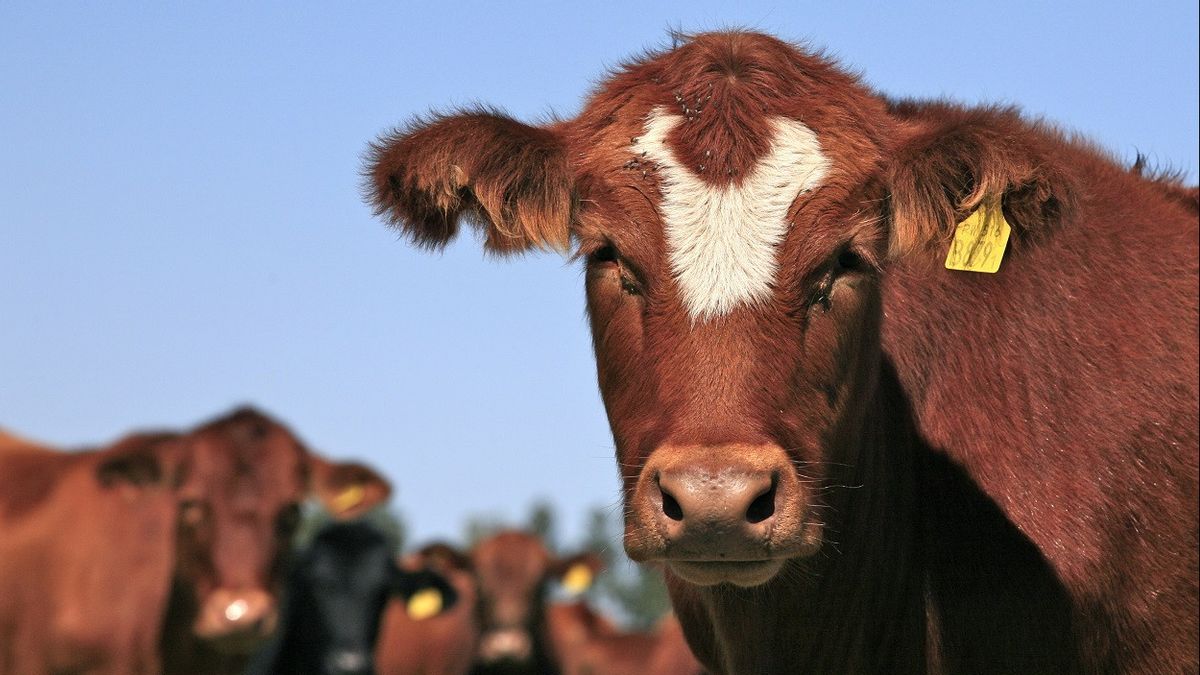JAKARTA - Chinese beef importers said on Monday the suspension of exports by their main supplier, Brazil, due to two cases of mad cow disease had no immediate market impact, with some buyers sticking with transactions in anticipation of a surge in transactions.
Brazilian authorities announced they had confirmed two 'atypical' cases of mad cow disease in different states, and suspended beef exports to China as part of an earlier deal on the matter last Saturday.
Although Brazil dominates 40 percent of China's beef import share, this condition did not lead to an increase in beef prices on Monday. Meanwhile, some importers continue to make transactions.
"We are still buying, factories have to keep their stock," said Grace Gao, general manager at importer Goldrich International based in Dalian, China.
In Brazil, fourth-largest beef processor Frigol announced on Monday it would lay off workers at one of its factories for 15 days, with sources familiar with the matter telling Reuters the move was in response to a suspension of exports.
Frigol's press office said the leave was due to a seasonal slowdown in Israeli demand and declined to comment on possible connections to Chinese exports. The company did not immediately provide details on how many were on leave.

The 'atypical' mad cow is considered to have a lower risk than the classic form of the disease, as the disease occurs naturally and only sporadically in older cows.
'Classic' mad cow disease, or BSE, is transmitted through contaminated feed and has been associated with the human variant of Creutzfeldt-Jakob disease.
This is not the first time the Samba country has suspended exports. Brazil previously suspended exports for 10 days in 2019 after reporting an 'unusual' case.
"I assume the Chinese government will not ban imports. Brazil is very important," said Pan Chenjun, senior analyst at Rabobank. China's customs authorities did not immediately respond to a request for comment.
To note, Brazil has shipped more than 500,000 tons of beef to China from January to July this year, or 38 percent of China's total imports. China's customs data shows that this far outperforms the second supplier, which is also neighboring Brazil, Argentina, whose supply is below 300 thousand tons.
Global beef supplies are tight and prices are already at record highs, added another big buyer of Chinese beef.
"If it only lasts 15 days, there will be no effect at all. Brazil is still producing, and it took two months to send the meat here," he added, declining to be named because he was not allowed to speak to the media.
Meanwhile, Ireland, a smaller beef supplier to China, reported an 'unusual' case of mad cow disease in May last year. The country has not been able to continue its exports to China.
The English, Chinese, Japanese, Arabic, and French versions are automatically generated by the AI. So there may still be inaccuracies in translating, please always see Indonesian as our main language. (system supported by DigitalSiber.id)













